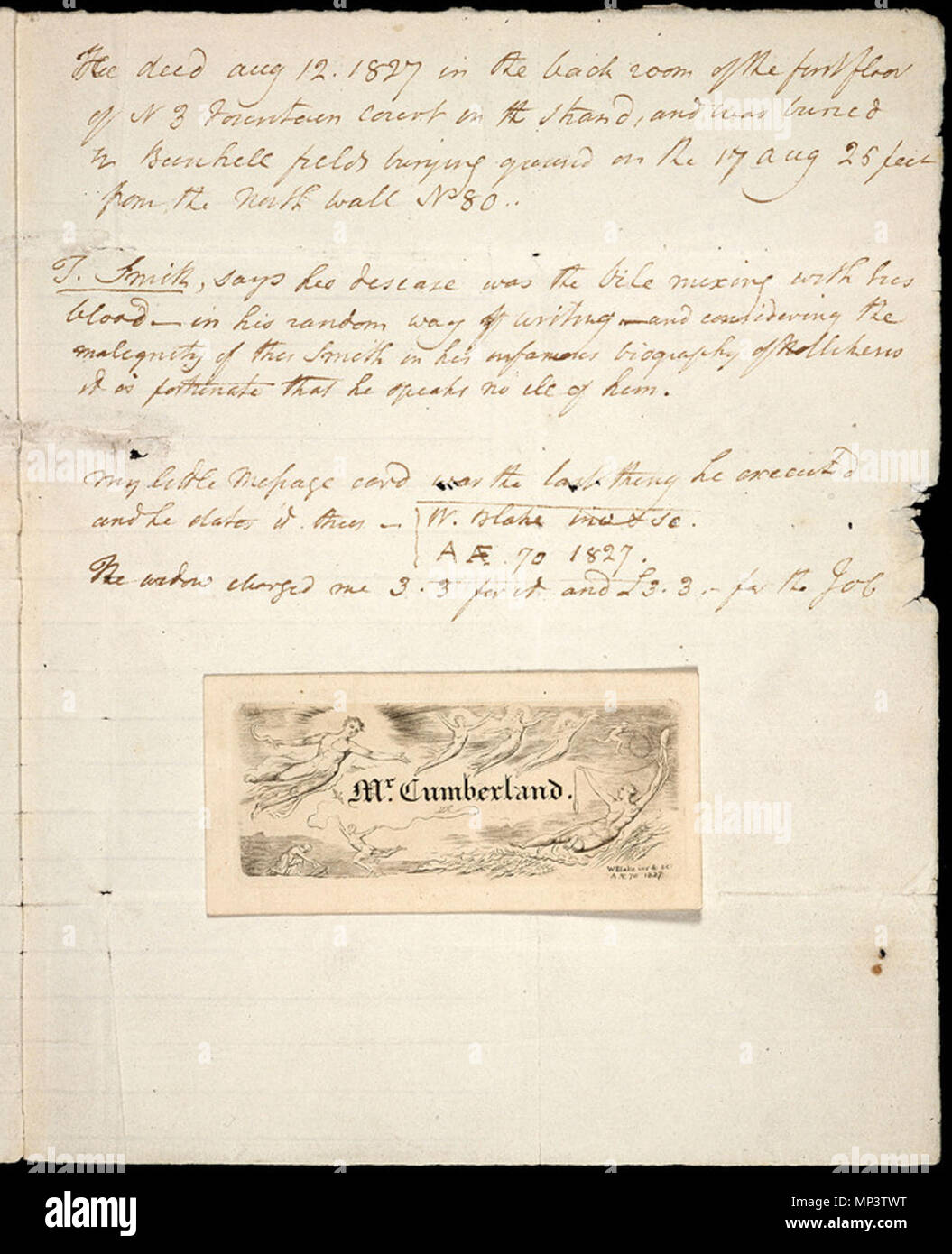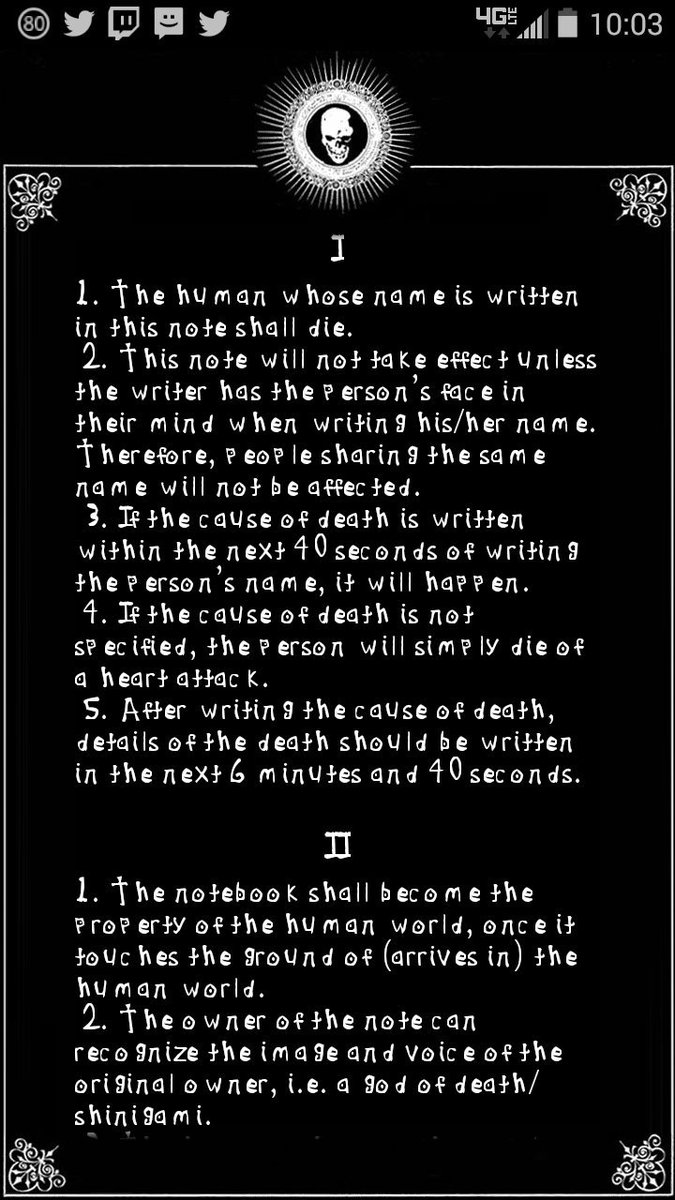

If you sell the deceased's property or other assets at a gain (profit) Capital Gains Tax will be payable if the gain above the market value at the date of death (not the date of acquisition) exceeds the current Capital Gains Tax threshold.įind out who inherits if someone dies without a will. Where the property is a house, there should be written documentary evidence of the type of ownership. If the deceased held property with another person or people, the deceased's executor or administrator needs to find out how the property was owned. If the deceased left no valid will, or a will that did not deal with the property, it is dealt with under the law of intestacy. If the deceased held property in their sole name, and they left a valid will dealing with the property, then the property will usually pass in line with the will. 'Property' includes houses, real estate generally, shares, antiques, jewellery, works of art, and intangible property such as patents and copyrights. You should also contact the National Insurance (NI) Contributions Office to cancel the person’s NI payments if they were self-employed or paying voluntary NI. Some or all of this must be paid before the court will issue a Grant of Probate of Letters of Administration. The deceased may also be owed a tax rebate, or may have to pay some tax.Ĭontact HMRC as soon as you can, they will tell you what tax needs to be paid and whether you need to fill out a Self Assessment tax return for the deceased. Some estates have to pay Inheritance Tax.

If the deceased person left an invalid will or no will at all, the Probate Registry will issue a grant of letters of administration.įind out more about probate in Northern Ireland and how to apply for a grant. If the deceased person left a valid will, the Probate Registry will grant probate of the will. An application for a grant is made to the Probate Registry. If the deceased person left a lot of money or property in his or her estate, the executor or the administrator may have to apply for a grant of representation to gain access to the money. Accessing money, property and other assets If you have doubts about these roles, you should get legal advice from a solicitor.įind out more about making a will and what to do if there is no will.

An administrator may be appointed by the court before they can deal with the deceased person's estate. If the deceased person left an invalid will or no will at all, the person who deals with the deceased person's estate is called an 'administrator'. If the deceased person left a valid will, the person who deals with the estate is called the deceased person's 'executor'. They need to pay the deceased person's taxes and debts, and distribute his or her money and property to the people entitled to it. After someone dies, someone (called the deceased person's 'executor' or 'administrator') must deal with their money and property (the deceased person's 'estate').


 0 kommentar(er)
0 kommentar(er)
